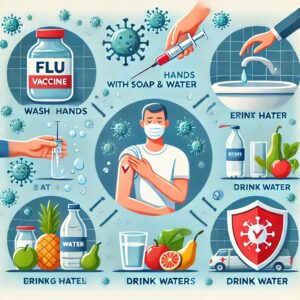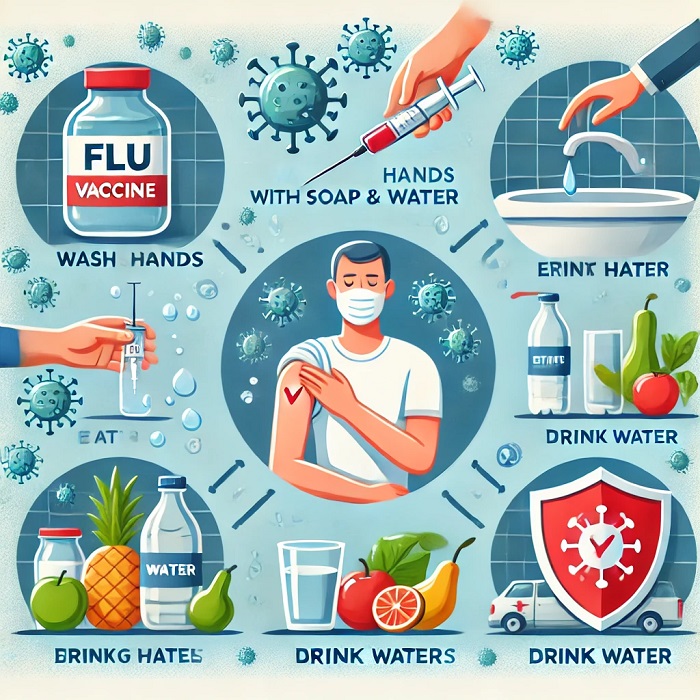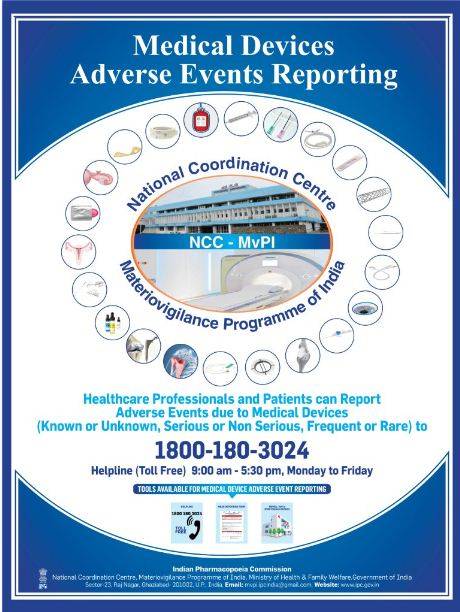How to Stay Healthy During Flu Season
As flu season approaches, it’s crucial to take steps to protect yourself and those around you. The flu is a contagious respiratory illness caused by influenza viruses, and its symptoms can range from mild to severe, potentially leading to hospitalization or even death. Fortunately, there are several ways you can reduce your risk of catching the flu and maintain your health throughout the season.

1. Get Vaccinated
The most effective way to prevent the flu is by getting vaccinated annually. Flu vaccines are updated every year to protect against the most common strains of the virus circulating during that season. The Centers for Disease Control and Prevention (CDC) recommends that everyone over six months old get the flu shot, especially those who are at high risk, such as older adults, young children, pregnant women, and individuals with chronic health conditions.
Vaccination not only reduces your chance of contracting the flu but also lessens the severity of symptoms if you do get sick. It also helps protect those around you, creating “herd immunity” to limit the spread of the virus within the community.
2. Practice Good Hand Hygiene
One of the simplest and most effective ways to prevent the spread of flu is frequent handwashing. The flu virus can survive on surfaces for hours, so it’s essential to wash your hands regularly, especially after touching public surfaces, coughing, or sneezing.
Use soap and water, scrubbing for at least 20 seconds. If soap and water aren’t available, use a hand sanitizer that contains at least 60% alcohol. Avoid touching your face—especially your eyes, nose, and mouth—as these are the main entry points for viruses.
3. Boost Your Immune System
Maintaining a strong immune system is key to staying healthy during flu season. A balanced diet rich in fruits, vegetables, and whole grains provides essential nutrients that support immune function. Foods high in vitamins C and D, such as citrus fruits, leafy greens, and fortified dairy products, can be particularly beneficial.
Regular exercise, adequate sleep (at least 7–8 hours per night), and stress management also play significant roles in keeping your immune system in top shape. Studies have shown that people who engage in moderate physical activity have a lower risk of respiratory infections, including the flu.
4. Stay Hydrated
Drinking enough fluids is vital for overall health, particularly during flu season. Proper hydration supports the immune system by helping to flush toxins out of the body and maintain the mucous membranes that line your respiratory tract, which act as a barrier to infections. Aim to drink water regularly throughout the day, and consider warm beverages like herbal teas to soothe your throat.
5. Avoid Crowded Places
Flu spreads easily in crowded environments such as schools, offices, and public transportation. If possible, limit your time in highly populated areas, especially during peak flu season. If you can’t avoid these spaces, practice physical distancing where possible and consider wearing a mask in situations where flu transmission is more likely.
6. Cover Your Coughs and Sneezes
Coughing and sneezing release flu virus particles into the air, where they can infect others. Always cover your mouth and nose with a tissue or your elbow when you cough or sneeze, and dispose of used tissues immediately. If you don’t have a tissue, cough or sneeze into the inside of your elbow rather than your hands to avoid contaminating surfaces you might touch.
7. Stay Home If You Feel Sick
If you start feeling flu symptoms—such as fever, cough, sore throat, body aches, or fatigue—stay home to prevent spreading the virus to others. Rest is crucial for your recovery, and staying away from others helps minimize the chance of infecting people in your workplace, school, or community.
8. Consider Antiviral Medications
If you do catch the flu, antiviral medications may help shorten the duration of your illness and reduce the severity of symptoms. These medications work best when taken within 48 hours of symptom onset, so consult your healthcare provider as soon as possible if you believe you have the flu.
Final Thoughts
Flu season can be a challenging time, but by following these steps, you can significantly reduce your risk of getting sick. Vaccination, good hygiene, a healthy lifestyle, and staying mindful of your symptoms can help you stay healthy and avoid spreading it to others.











Leave a Reply